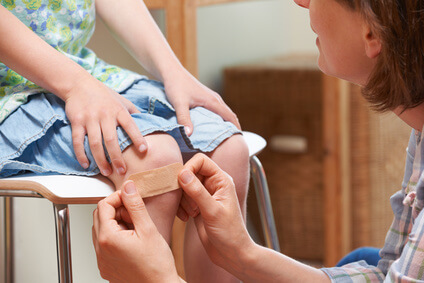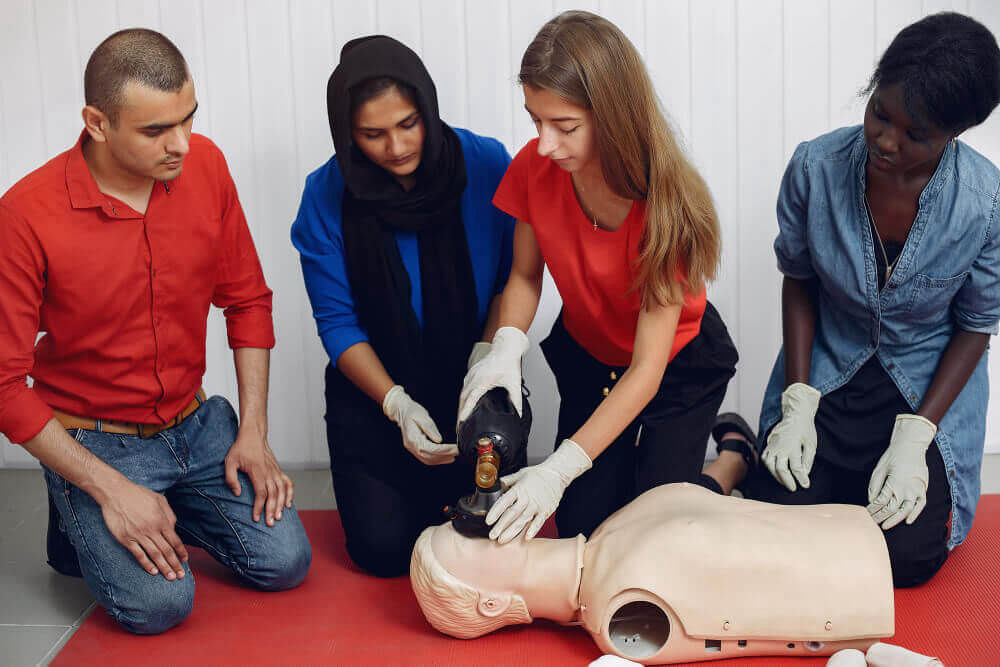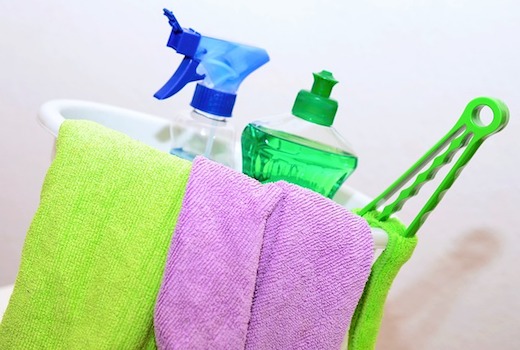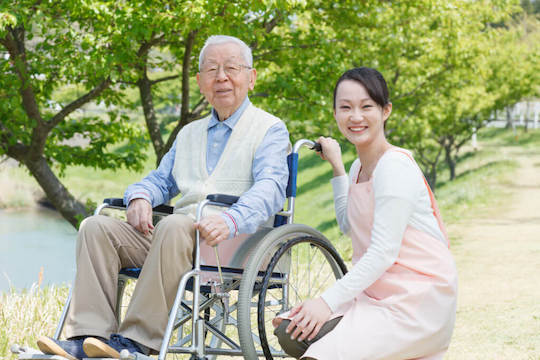
Accidents can happen anywhere—at home, in the park, or even in the car. As a parent, entrusting your child to a domestic helper means relying on someone who spends most of the day with your little one. That’s why every domestic helper must have up-to-date first aid training. Proper first aid can be life-saving and give you the peace of mind that your child is in the best possible hands during an emergency.
Before hiring a new helper, always ask for a first aid certificate or proof of having successfully completed a certified first aid course.
The Life-Saving Benefits of First Aid Training for Domestic Helpers
Quick Response in Critical Situations
- Immediate Assistance: In emergencies, the first few minutes are vital. A domestic helper trained in first aid can provide immediate care and keep the child stable until professional help arrives.
- Oxygen Deprivation: Brain damage can occur after only six minutes without oxygen. A well-trained helper can act swiftly, reducing the risk of severe injury or worse.
- Proper Assessment: First aid training teaches how to assess a situation accurately. Knowing the correct steps can prevent further harm if a child ingests a hazardous substance.
Building Confidence for Caregivers and Parents
- Trusted Expertise: Just as new parents may feel uncertain about handling emergencies, a helper without training can become a liability. A first aid certificate reassures you that the caregiver can handle unexpected situations.
- Prevention and Safety: Training often includes household safety measures, helping domestic helpers identify and mitigate potential hazards before they become emergencies.

What Should a First Aid Course for Domestic Helpers Cover?
A comprehensive first aid course for domestic helpers should cover a range of emergency scenarios, including:
- Choking: Techniques to clear blocked airways safely.
- Burns: Immediate care steps for different types of burns.
- Poisoning: Identifying symptoms and providing timely interventions.
- Drowning/Not Breathing: Critical resuscitation methods, including CPR.
- Bleeding: Stopping bleeding and preventing shock.
- High Fever/Seizures: Recognizing dangerous symptoms and acting appropriately.
- Stings and Bites: Managing allergic reactions and infections.
- Fractures and Broken Bones: Stabilizing injuries until professional help arrives.
- Head and Spinal Injuries: Ensuring proper immobilization to prevent further damage.
- Shock: Identifying signs and providing supportive care.
- Communicable Diseases: Preventing the spread of infections through proper hygiene practices.
Additionally, the training should include tips on creating a child-proof environment and general household safety measures.
Choosing the Right First Aid Training Program
When selecting a first aid course for your domestic helper, consider the following:
- Certification and Accreditation: Ensure a reputable agency provides the course with a recognized first-aid certificate.
-
In Singapore, courses are often approved by the SCDF or MOM, which may incorporate AHA/ERC best practices.
-
In Hong Kong, the Hong Kong Red Cross or St. John Ambulance (HK) provides training based on local regulations that reflect international standards.
-
In the Middle East, some courses are accredited by international bodies like the AHA/ERC, while others are certified by local agencies such as the Emirates Red Crescent.
-
In Malaysia, organizations like St. John Ambulance Malaysia and the Malaysian Red Crescent Society offer programs that meet local Ministry of Health requirements, often aligning with global guidelines.
-
- Class Size and Quality: Ideally, classes should range between 16 to 30 candidates to allow for personal attention and hands-on practice.
- Refresher Training: First aid knowledge can fade over time. Regular refresher courses or recertification should be part of the training plan.
- Legal and Regional Requirements: For example, in Great Britain, a nanny is required by law to renew their first aid certification every three years. Be sure to check the standards in your region.
Global Perspectives: First Aid Training Standards Around the World
Standards for first aid training vary globally. In regions like the Middle East and Asia, it’s especially critical to ensure that domestic helpers have the necessary first aid skills, as the risks associated with unsupervised children—such as drowning in unfenced pools—can be higher. No matter where you live, investing in a helper’s first aid training is an investment in your child’s safety.
Conclusion: Empowering Domestic Helpers to Save Lives
In a world where accidents are unpredictable, ensuring that your domestic helper is trained in first aid is not just good practice—it’s essential. A well-trained helper can act decisively during emergencies, providing critical care and potentially saving lives. Before hiring, ask for proof of training, and remember that regular recertification is key to maintaining high standards of care.
By prioritizing first aid training for domestic helpers, you’re taking a significant step towards a safer environment for your child. Trust in professionals who are not just caregivers but also life-savers.
Ready to secure peace of mind for your family? Start your search for certified first aid courses today and ensure your domestic helper is fully equipped to handle emergencies.



